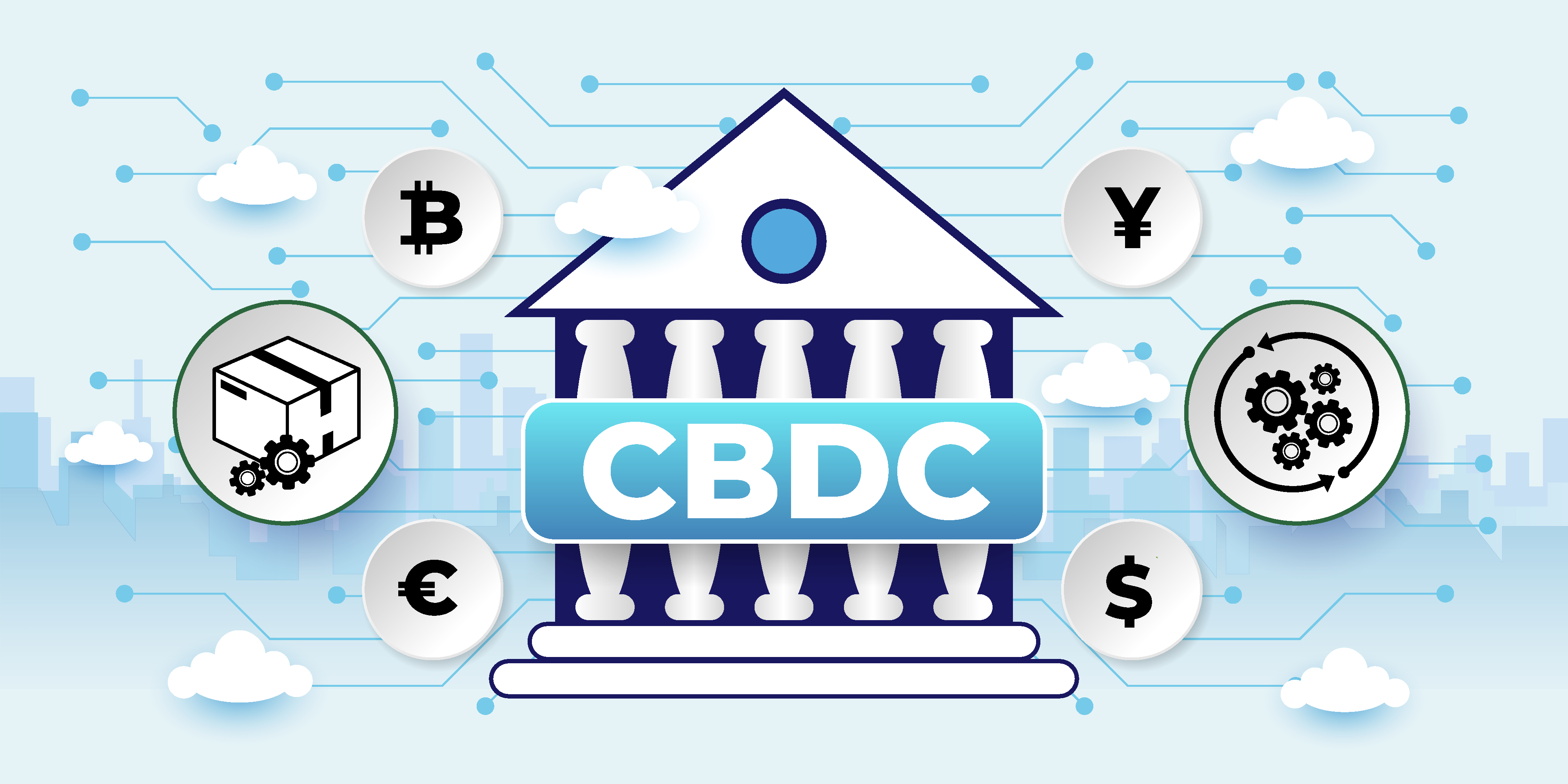Table of Contents
The Bitcoin Policy Institute published a white paper on Tuesday arguing that surveillance tools in the form of CBDCs would destroy freedoms and are not necessary.
A surveillance tool
Authors of the paper, Natalie Smolenski, executive director of the Texas Bitcoin Foundation, and Dan Held, former growth lead at Kraken, argue that CBDCs would provide governments with information on every transaction, and that cyber attacks could make this information open to anybody given the frequency with which government databases are compromised.
The authors review the case of China, and its accelerating surveillance regime, which helps it to target and closely watch sectors in its population such as ethnic minorities, migrant workers, those with a history of mental illness, and especially those who have filed complaints against the government.
A U.S. CBDC
The paper argues that it is a mistake to believe that the U.S. could not go down this same path as the Federal Reserve investigates CBDCs in partnership with the Bank for International Settlements (BIS).
Perhaps purely by coincidence, Fed chairman Powell said on Tuesday that a U.S. CBDC would not be arriving “any time soon”, but did also say that it should be “privacy protected” but then contradicted this with one of the other four tenets of a future U.S. CBDC which laid down that it should be identity-verified.
Why would governments adopt CBDCs?
The white paper lays out the case that the job that a CBDC would do is already covered by Bitcoin and stablecoins pegged to fiat currencies. So the question then is why are more than 100 governments opting for the CBDC route?
The answer given is that there are two advantages with CBDCs. One is that they give complete control and surveillance over the one remaining anonymous transaction which is cash, and the other reason is that all these governments are deeply in debt, and CBDCs would enable the control to generate revenue for the state.
For example, any kind of transaction could be taxed, from giving your neighbour $20 to giving your children an allowance, to selling items in a yard sale. All of these could be taxed.
In conclusion, the authors state:
“For most people, a combination of physical cash, bitcoin, digital dollars, and privately issued, well-collateralized stablecoins will cover virtually all monetary use cases.”
They added:
“We should think carefully about what kinds of “innovation” we want the U.S. government to embrace, so that we do not unexpectedly find ourselves without rights–and without recourse.”
Disclaimer: This article is provided for informational purposes only. It is not offered or intended to be used as legal, tax, investment, financial, or other advice.
Investment Disclaimer










